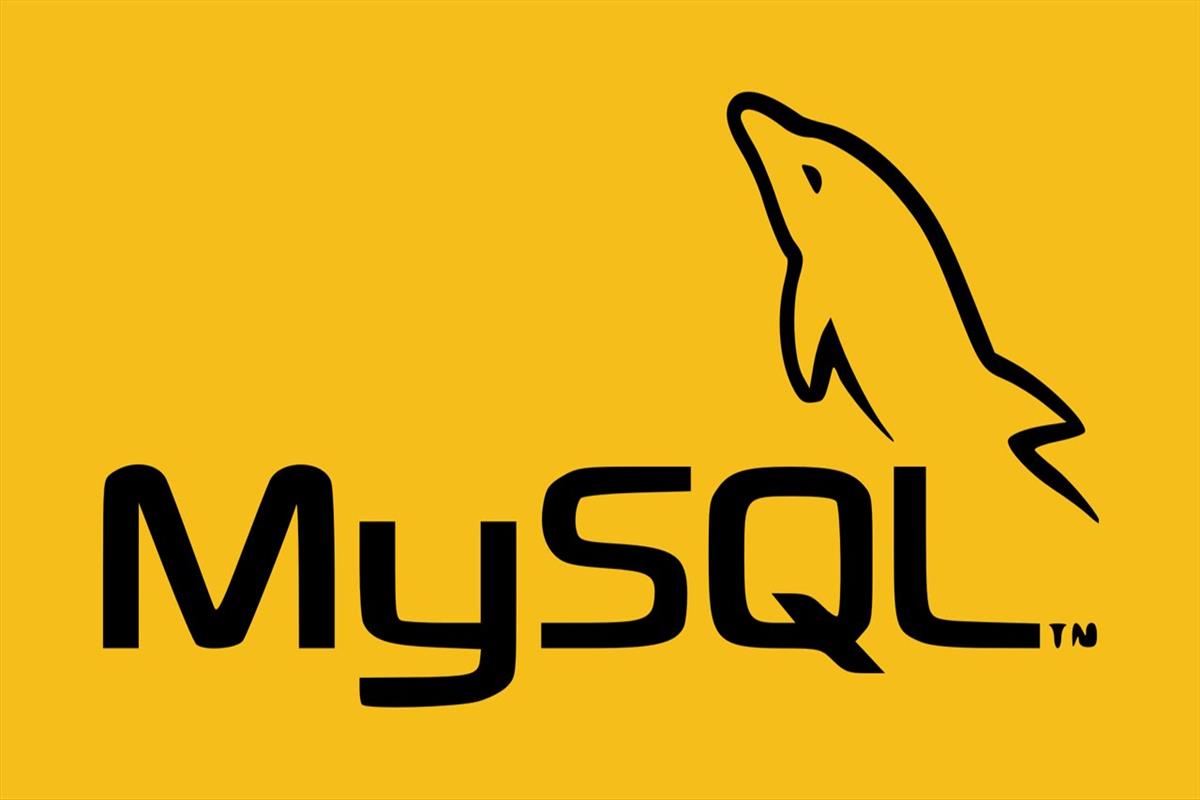MySQL

1.What is a MySQL database?
MySQL is an open source relational database management system (RDBMS) based on Structured Query Language (SQL). ... LAMP is a Web development platform that uses Linux as the operating system, Apache as the Web server, MySQL as the relational database management system and PHP as the object-oriented scripting language.
2.Who is developed by MySQL?
History. MySQL was created by a Swedish company, MySQL AB, founded by David Axmark, Allan Larsson and Michael "Monty" Widenius. Original development of MySQL by Widenius and Axmark began in 1994.
3.Is MySQL for free?
MySQL Community Edition is the freely downloadable version of the world's most popular open source database. It is available under the GPL license and is supported by a huge and active community of open source developers. The MySQL Community Edition includes: Pluggable Storage Engine Architecture.
4.Why do we use MySQL?
MySQL is a free, open-source database management system (DBMS for short). A DBMS is a system that manages databases and connects them to software. For example, a MySQL database can be used to run a website, to run the database of an ERP or any other software.
5.What is the meaning of MySQL?
MySQL is an open source relational database management system. Information in a MySQL database is stored in the form of related tables. MySQL databases are typically used for web application development (often accessed using PHP).
MySQL
MySQL is an open-source relational database management system (RDBMS).It was the world's second most widely used RDBMS, and the most widely used open-source client–server model RDBMS. "MySQL" stands as the abbreviation for My Structured Query Language.
Course Covered
- What is MySql
- What is difference between MySql, SQL Server and Oracle
- Basic syntax of MySql
- MySql CREATE DB
- MySql CREATE TABLE
- MySql SELECT
- Using MySql SELECT DISTINCT
- Applying WHERE condition in MySql
- Operators AND & OR
- MySql ORDER BY
- MySql Insert Queries
- MySql UPDATE
- MySql DELETE
- MySql SELECT TOP
- MySql LIKE keywords
- Using Wildcards in MySql
- MySql IN
- Sql BETWEEN
- MySql Aliases
- MySql INNER JOIN
- MySql LEFT JOIN
- MySql RIGHT JOIN
- MySql FULL JOIN
- MySql UNION
- MySql SELECT INTO
- MySql NOT NULL
- MySql UNIQUE Index
- What is PRIMARY KEY
- What is FOREIGN KEY
- What is CHECK
- MySql DEFAULT
- MySql DROP database and table
- MySql ALTER
- MySql Auto IncrementMySql Dates
- MySql General Data Types
- MySql DB Data Types